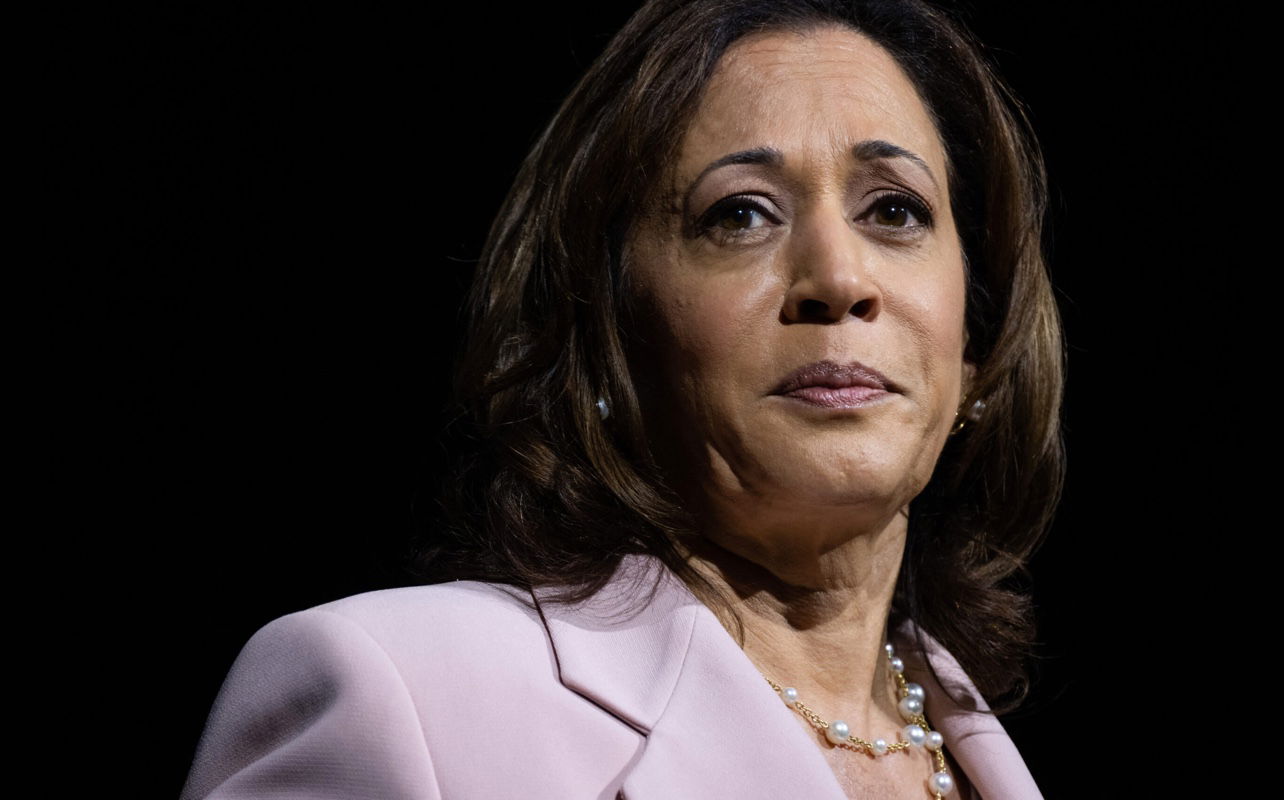
October 26, 2024
Their decisions rankled not only the public, but their own employees.
In recent developments, billionaire media owners Jeff Bezos and Patrick Soon-Shiong reportedly halted planned endorsements of Vice President Kamala Harris at their respective newspapers, The Washington Post and The Los Angeles Times.
Their decisions rankled not only the public, but their own employees.
According to The Washington Post, Robert Kagan, a longtime columnist at the paper, as well as an editor-at-large of the Post’s opinion department, resigned in protest and a group of 11 Washington Post columnists wrote a letter critical of the paper’s decision.
Meanwhile, the Post’s publisher and CEO William Lewis said in his column published on Oct. 25 that the choice not to endorse Harris is a return to the paper’s roots of not endorsing a particular candidate.
“We recognize that this will be read in a range of ways, including as a tacit endorsement of one candidate, or as a condemnation of another, or as an abdication of responsibility,” Lewis wrote. “That is inevitable. We don’t see it that way. We see it as consistent with the values The Post has always stood for.”
Indeed, according to Jarvis DeBerry, the Opinion Editor at MSNBC, the choices made by Lewis, Bezos, and Soon-Shiong stand as “an argument against billionaires buying newspapers.”
Like Kagan at the Post, Mariel Garza, the editorials editor at The Los Angeles Times resigned in protest. Garza later told the Colombia Journalism Review, “I am resigning because I want to make it clear that I am not OK with us being silence. In dangerous times, honest people need to stand up. This is how I’m standing up.”
In addition to Garza, two more opinion editors at The LA Times also resigned over the decision to kill the endorsement of Harris.
Marty Baron, a former executive editor at The Washington Post, issued a scathing response to Lewis’ statement on Twitter. “This is cowardice, with democracy as its casualty,” Baron wrote.
Baron indicated that Trump “will see this as invitation to further intimidate” Bezos, and Baron characterized the choice to pull the endorsement as “Disturbing spinelessness at an institution famed for courage.”
DeBerry closed his commentary by indicting the ultra-wealthy owners of both papers.
“Yes, there may have been hell to pay if the paper had endorsed Harris and Trump won and then turned against the press as he has promised to do,” DeBerry wrote.
He continued, “But hell will be visited on more vulnerable people to a much greater degree. It is unforgivable that the ultra-wealthy who have purchased these huge and influential platforms appear to be more concerned with their own interests than the interests of the readers they serve.”
In addition to Baron, The Washington Post Guild, the union representing the journalists at the Post issued a press release concerning Lewis’ comments.
“We are deeply concerned that The Washington Post—an American news institution in the nation’s capital—would make the decision to no longer endorse presidential candidates, especially a mere 11 days ahead of an immensely consequential election. The role of an Editorial Board is to do just this: to share opinions on the news impacting our society and culture and endorse candidates to help guide readers,” the guild wrote.
They continued, “The message from our chief executive, Will Lewis, not from the Editorial Board itself – makes us concerned that management interfered with the work of our members in Editorial. According to our own reporters and Guild members, an endorsement for Harris was already drafted, and the decision to not to publish was made by The Post’s owner, Jeff Bezos. We are already seeing cancellations from once loyal readers. This decision undercuts the work of our members at a time when we should be building our readers’ trust, not losing it.”
RELATED CONTENT: Layoffs At Los Angeles Times Spark Industry Alarm: Journalism In Crisis






